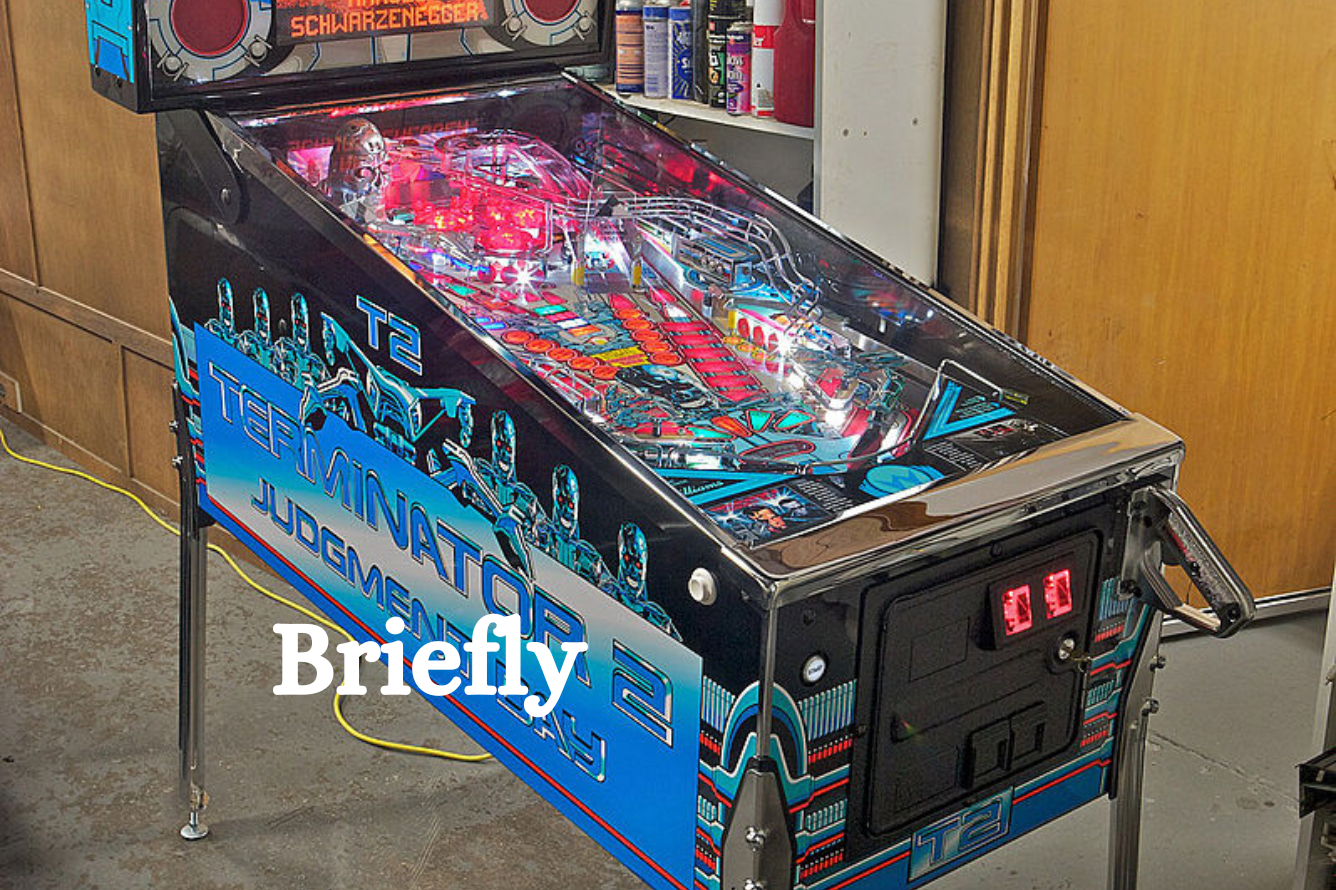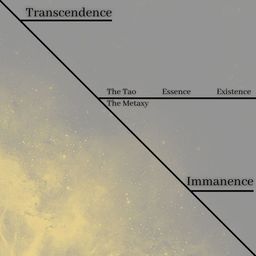Pinball is of the Body: Why Modern Tech Can't Recreate the World Under Glass
Rae Hodge at Slate


If you pull back the plunger of a pinball machine ever so slowly, your wrist can feel the delicious tension building in each coil of the metal spring, one after the next, as the kinesis of anticipation moves from the machine into your body. And if you pause for the span of a single breath, plunger strained to apogee, and hover at the precipice of launch in that moment-between-moments — your field of vision narrows, your eyes dilate in delight.
And everything else in the room — in the world, in your mind — disappears behind the sharp clack of the plunger's release.
For many, laying a hand on a pinball machine marked the first time we touched a piece of electronic entertainment tech in public. Once, the frenetic thwacking of flippers was the peak of manic childhood glee. Now, most of us wonder why our little pocket computers — with their nagging buzz of notifications about Candy Crush or Wordle scores — never quite hit the spot. Somehow, after playing with them, you almost feel worse.
Regardless of whether you grew up with pinball, if you've ever been stirred to even a passing smile by the sight of a faded old Bally machine flickering alone in the corner of a dim bar, do me one favor. Put four quarters in your wallet. And the next time you spot a pinball machine in a bar, forget about how others may turn their heads at its sound. Forget about how well you play. Just get up, walk over to that clattering carnival in its magic cabinet and pull the plunger.
The machinery of physical joy
What most people don't know about pinball is that the word itself was coined by Kentucky journalists. Louisville newspaper reporters dubbed them pin-and-ball games. Then, during a gambling trial, one of our circuit court judges reportedly used the term to classify the new type of games that had never appeared before in legal literature. Pin-and-ball then quickly became pinball.
After dominating the scores of a weekly pinball tournament in June, Kalyn Smith sits outside Louisville's most treasured arcade bar, Zanzabar, in the cooling evening.
"I'll be tired at the end of the night sometimes after a tournament. I'll go home and sleep well from all the jumping around and shifting, and nudging the machine," she tells me.
"It's like mixing a video game with taking a really good hike. You get to the very end of that hike and you feel really good for doing it. But then also, the entire time, it was like a theme park ride where they're throwing sounds and lights and noises at you."
The physicality of pinball, like that of all arcade games, is the tech's blessing on shared social spaces. Its glorious heft unapologetically loud and bright, a cabinet demands due accommodation for spacious human joy and creativity.
As Smith says, it's a "meshing of physics, bringing it into technology, using it to tell stories and bring them into a physical space."
One of my more possibly off-brand qualities is that I *love* pinball. It’s an ingenious, intricate game, existing in the real world but self-consciously artificial, and one of the great inventions of American leisure. Each table is a work of art, calibrated like a fine clock! pic.twitter.com/EsZwiCFzsP
— Paul J. Pastor (@pauljpastor) September 3, 2023




